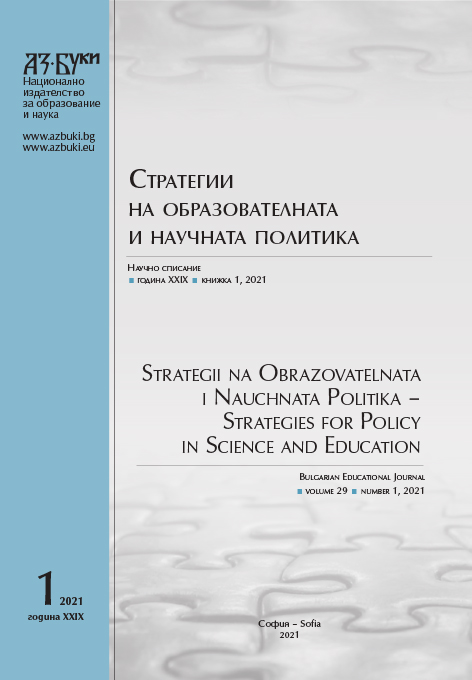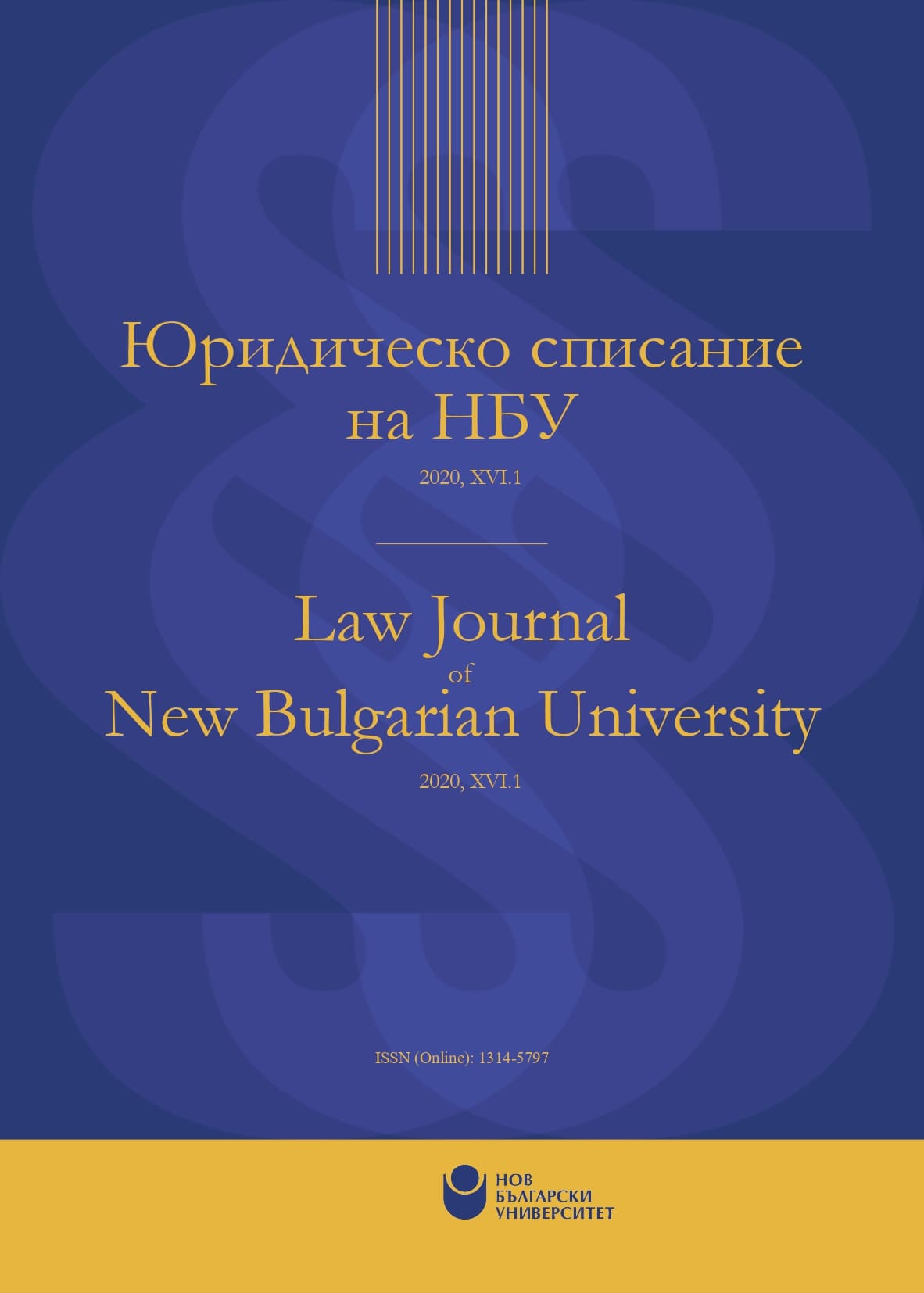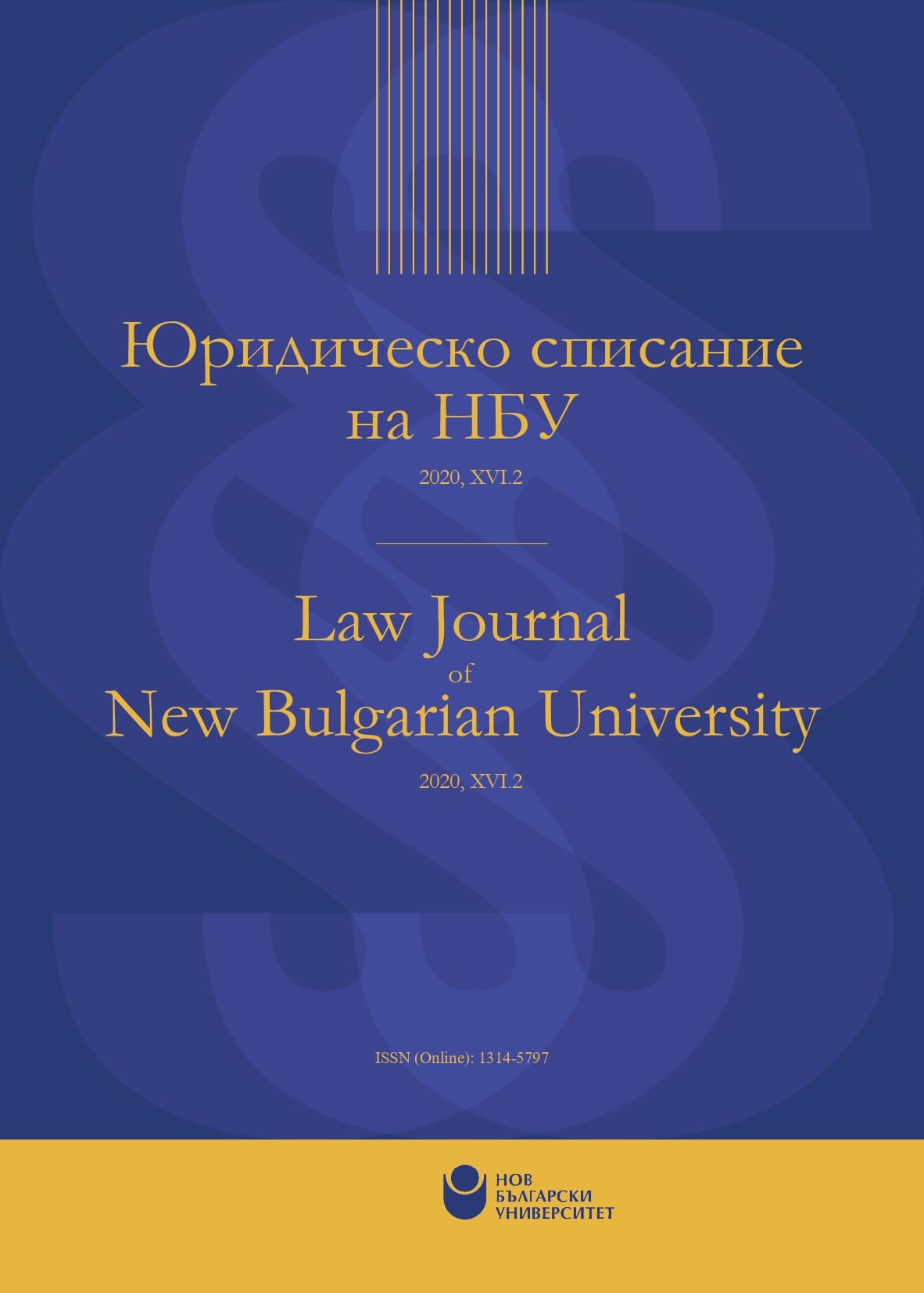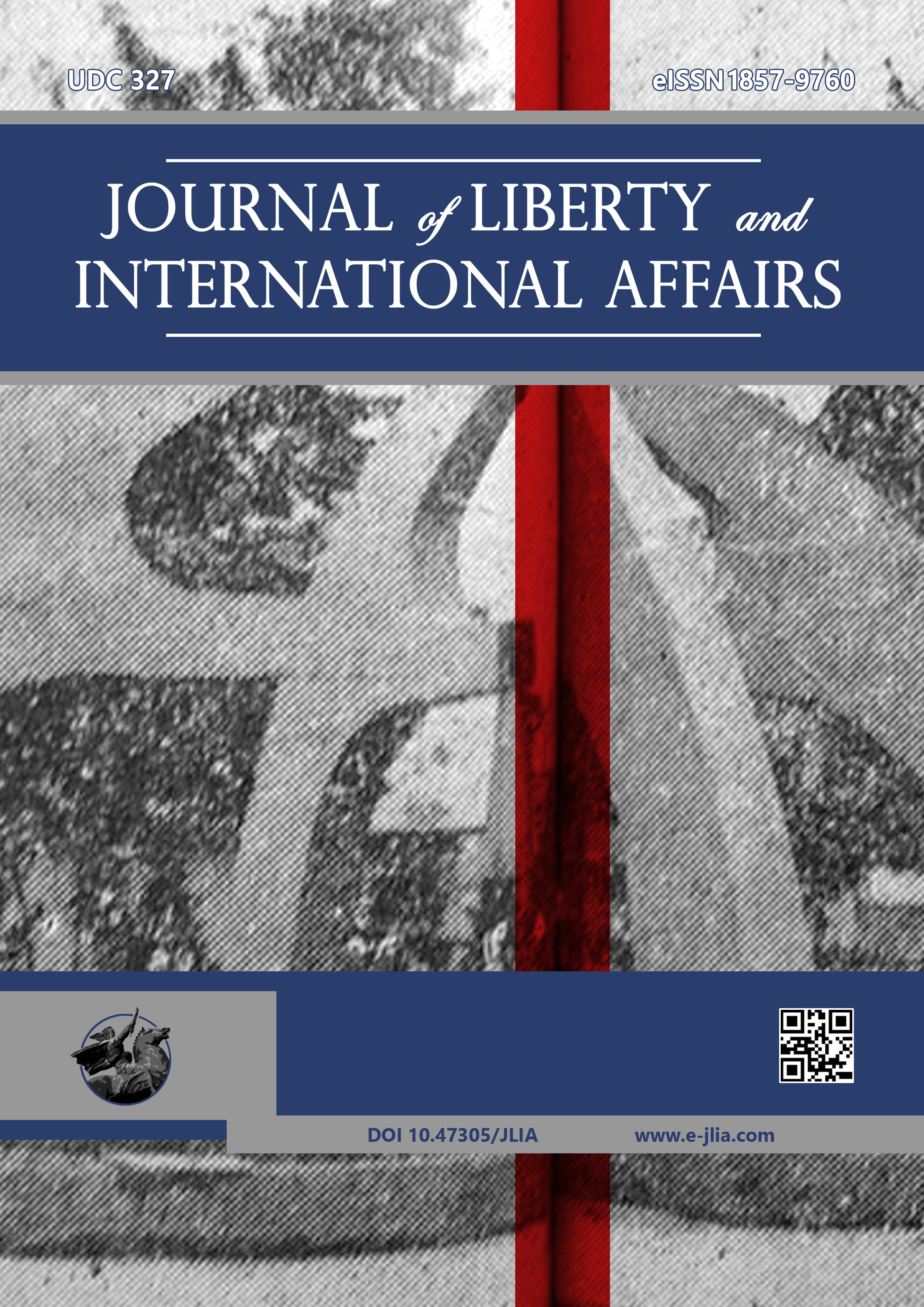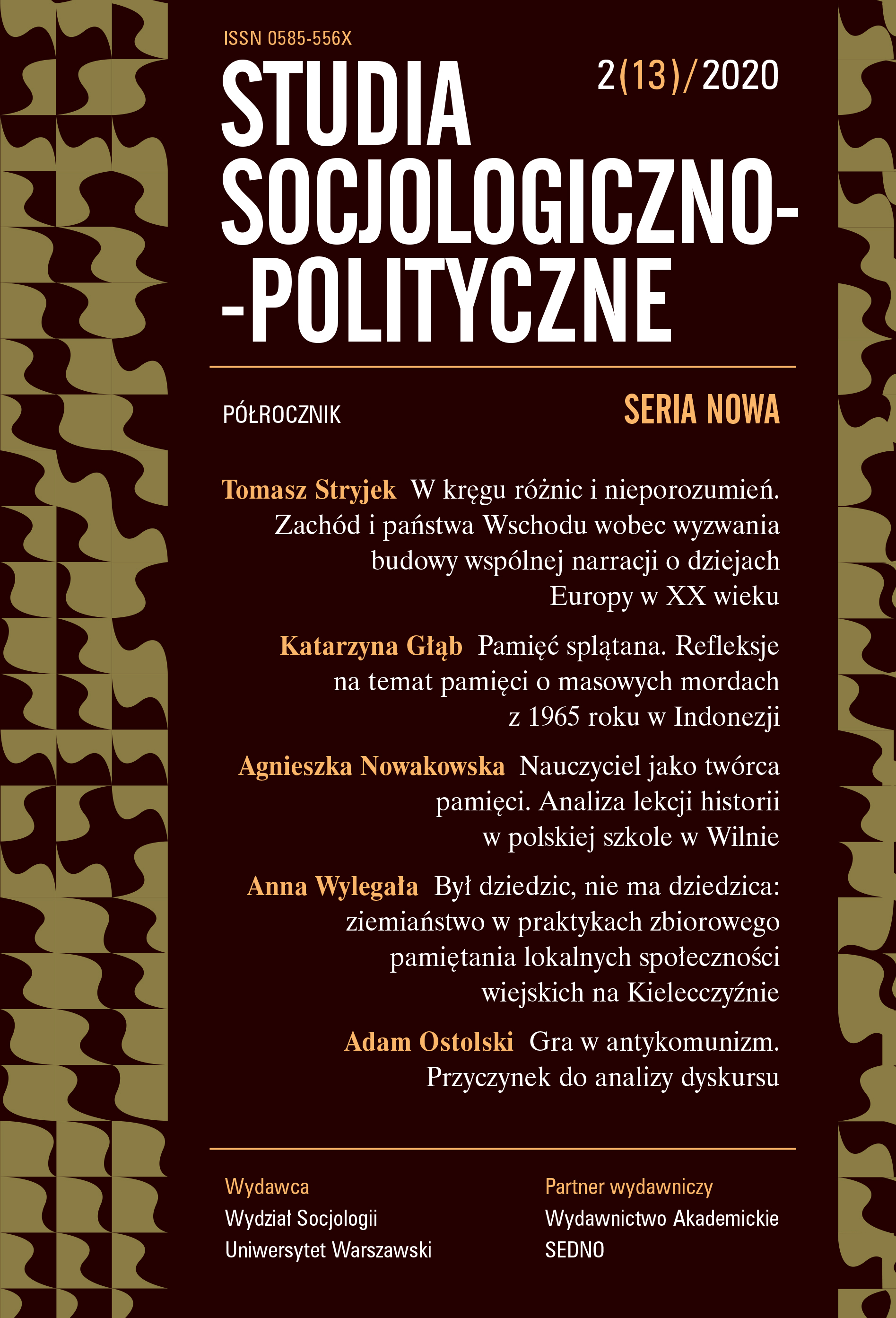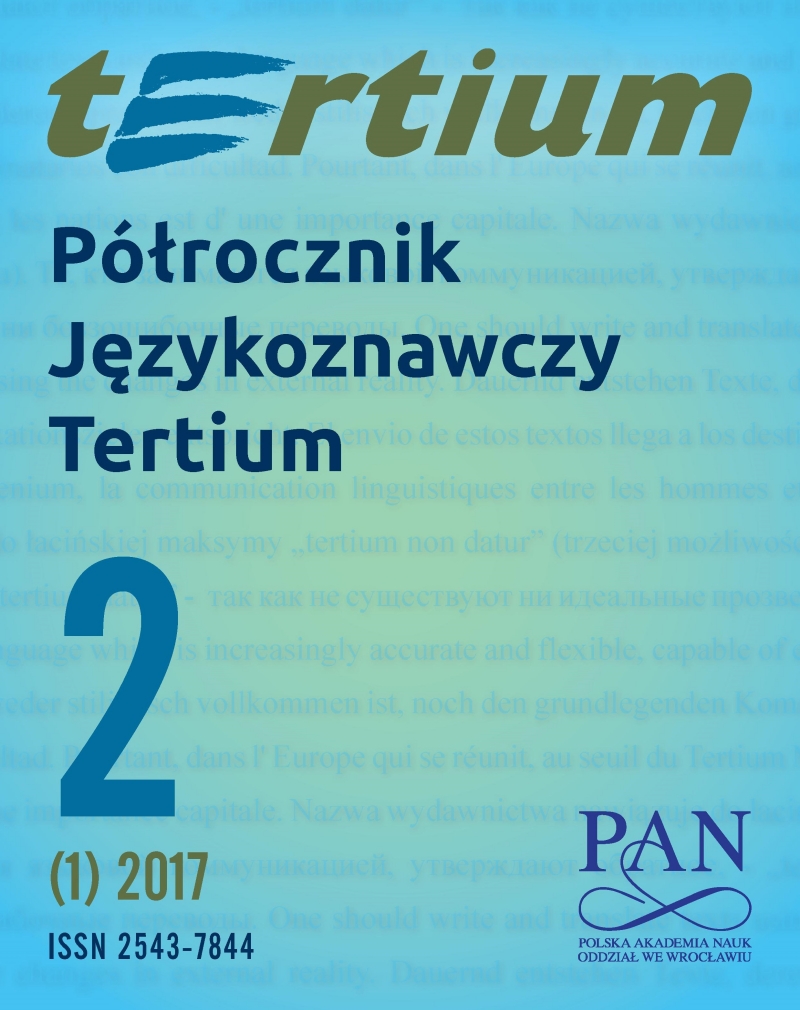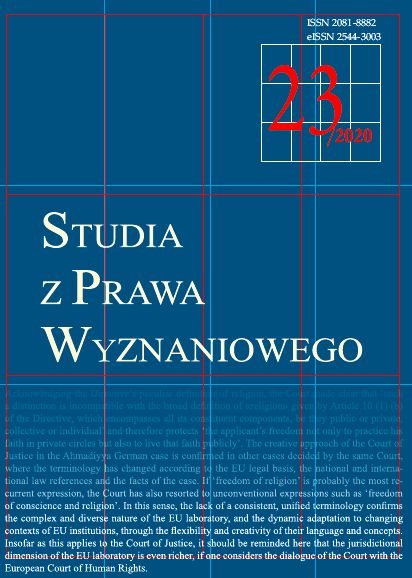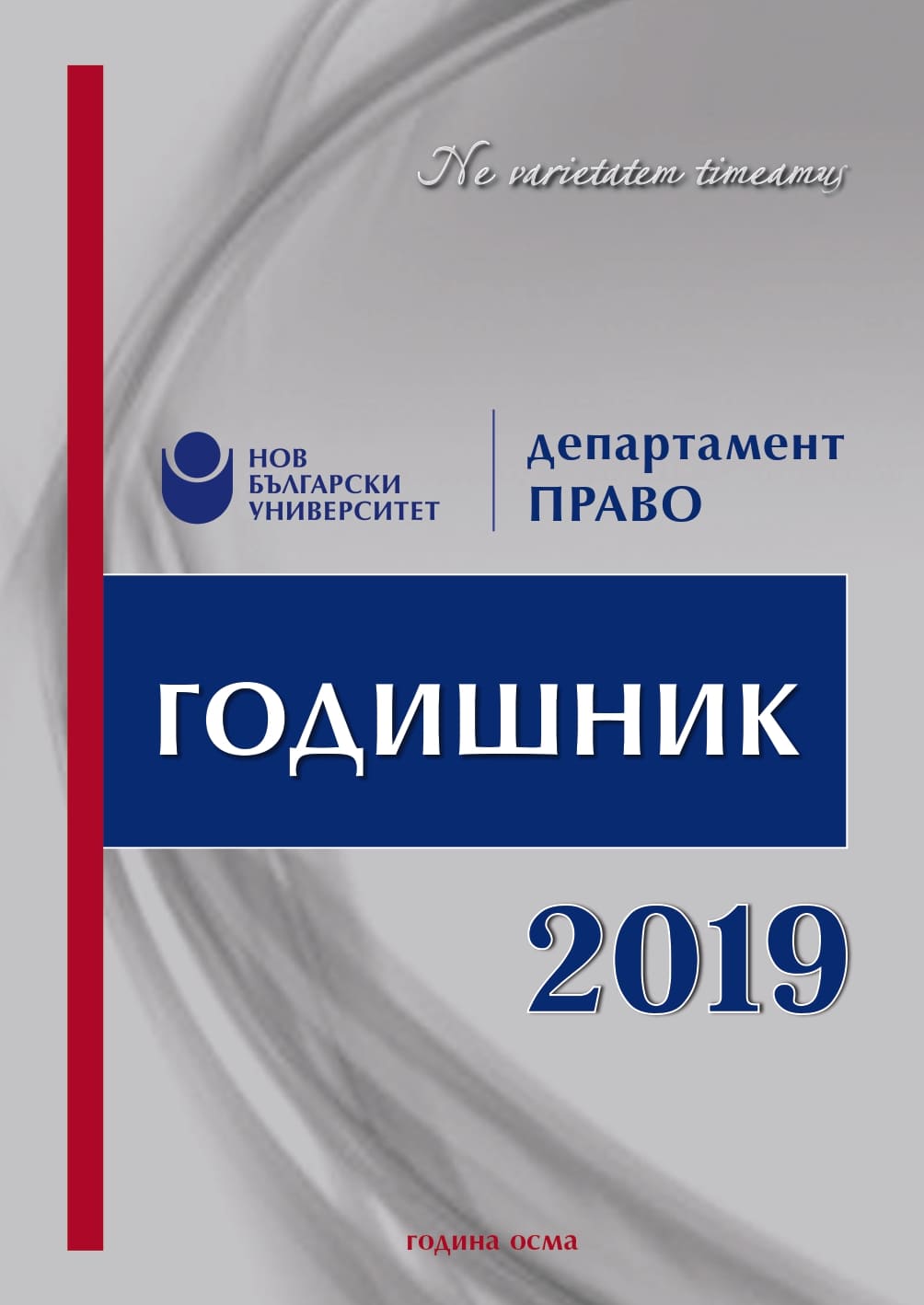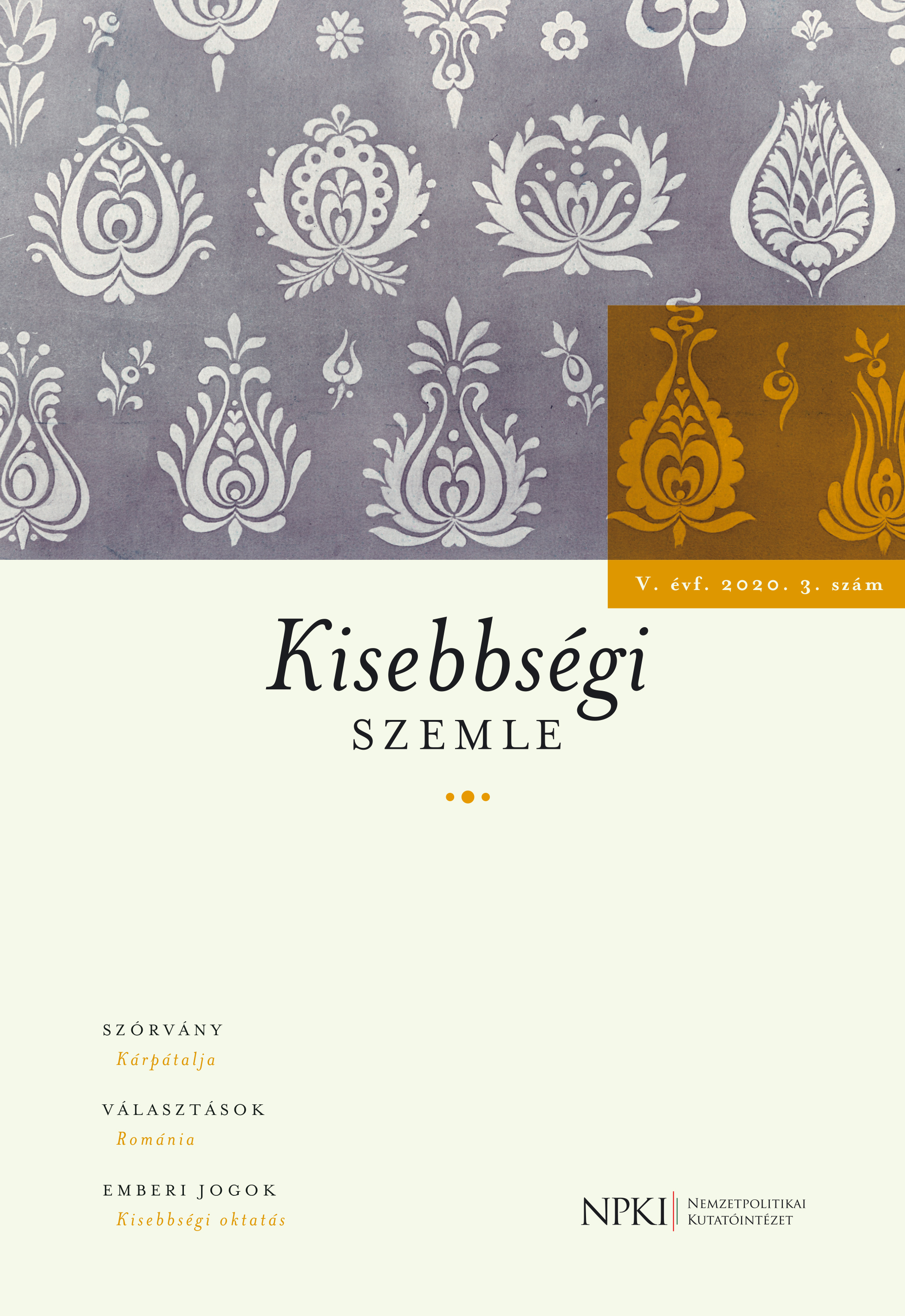
Az Emberi Jogok Európai Bíróságának ítélete a nemzeti kisebbségi iskolák diákjai érettségi többletterhének ügyében
According to the ruling of the European Court of Human Rights (ECtHR) in the case of Adam and others versus Romania the curricula and the manner in which the baccalaureate was organized was ruled not to be discriminatory. In this case the six Hungarian students from Transylvania who raised the issue were found not to be in a sufficiently disadvantaged position in the application for the baccalaureate examination. The present analysis gives a factual overview of the case and, without claiming to be exhaustive, examines whether the Court acted with due diligence in assessing the above mentioned difference, between the opportunities of minority and majority students. Was Romania’s omission and delay in adapting curricula and examinations for the needs of minority students acceptable under the standards of the European Convention for Human Rights barring discrimination.
More...
